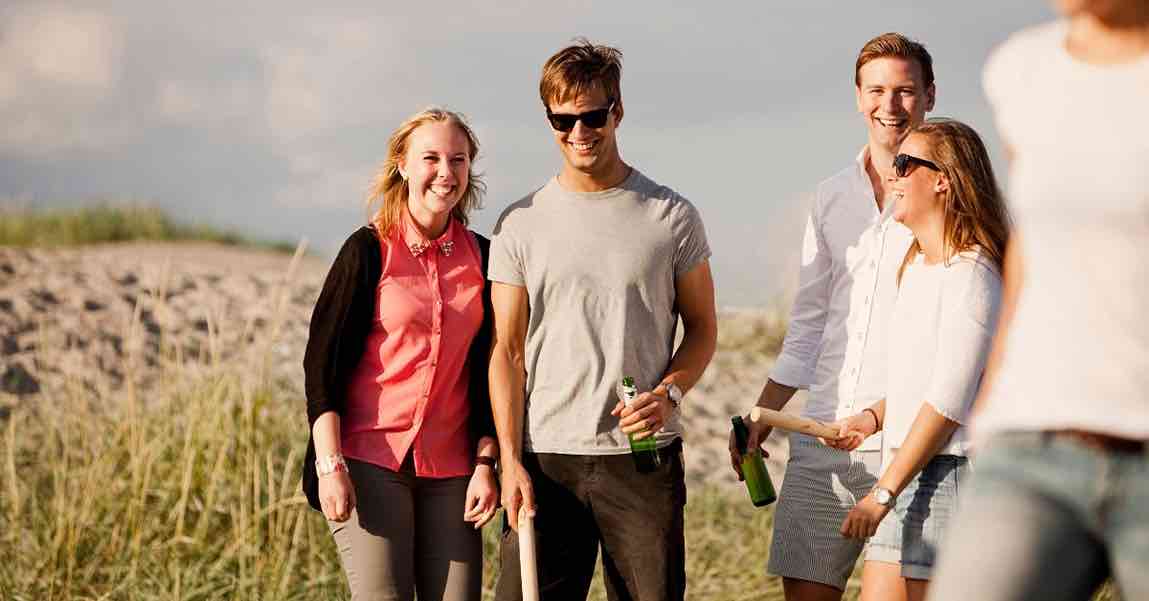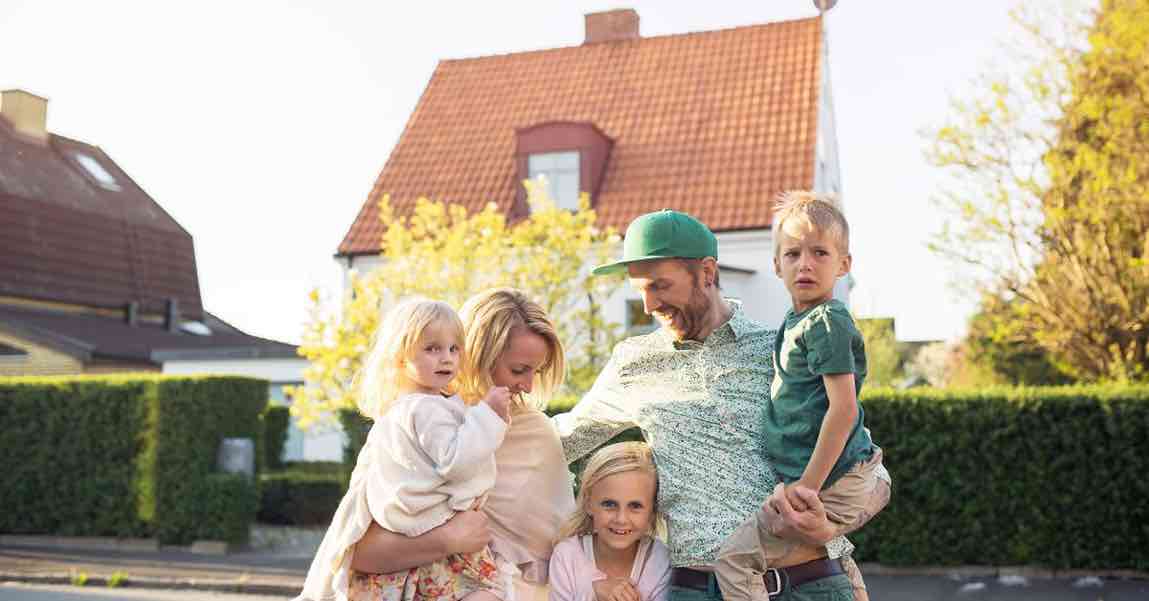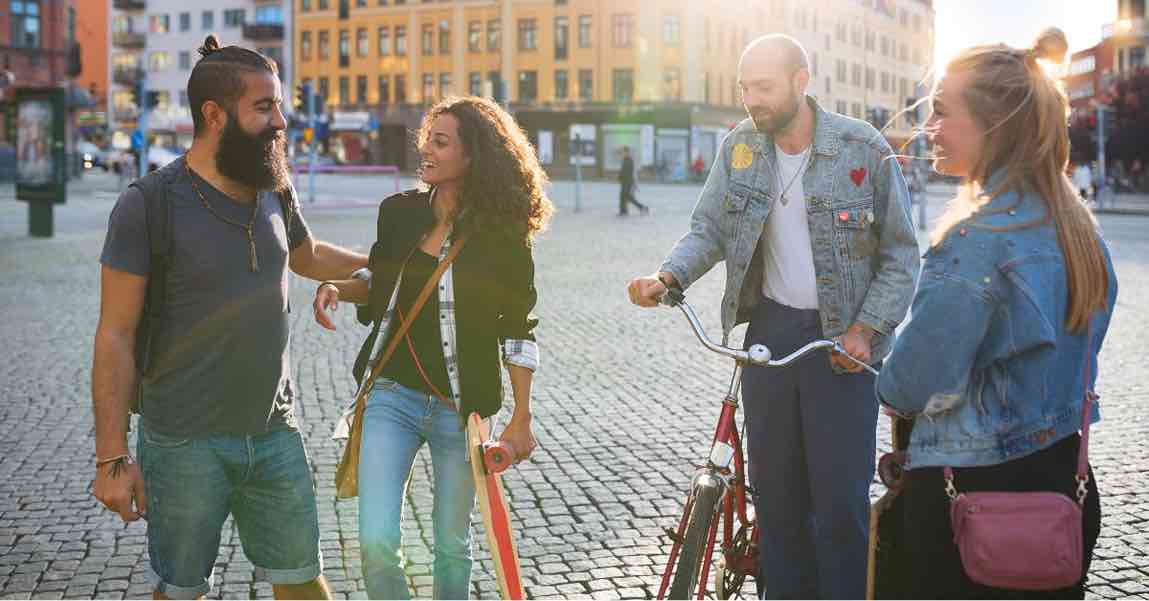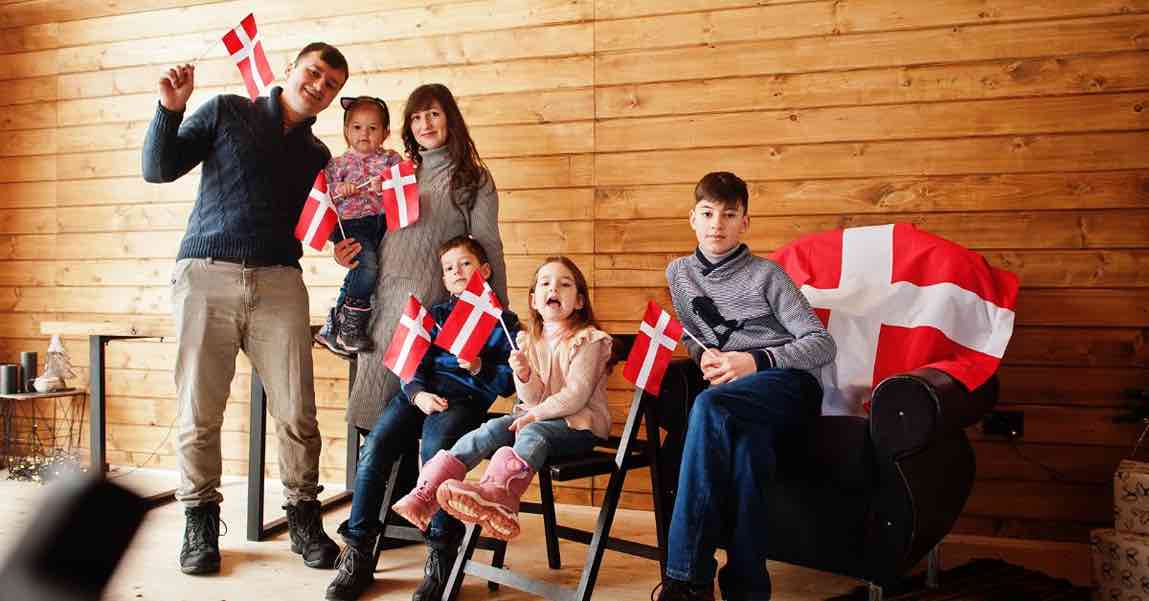Denmark is a country known for its Viking history, beautiful landscapes, and strong traditions. But have you ever wondered, “what do you call a person from Denmark?” The correct term is Dane! This word not only refers to someone from Denmark but also represents a deep connection to the country.
In this article, we’ll explore why Danish people are called Danes, where the term comes from, and what makes their culture so unique.
About Denmark and Its People
The World Happiness Report regularly ranks Denmark among the top three happiest places to live. This is because the country focuses on a high quality of life, strong social support, and a sense of community. Even though Denmark has a small population of about 5.8 million people, it has made a big impact on the world, from leading in wind energy to creating famous Danish cuisine.
Figuring out what to call a person from Denmark is about more than just a word—it’s a way to understand Danish culture and identity. The Danish language, spoken by about six million people worldwide, plays a big role in shaping this identity. But language is just one piece of the puzzle. Denmark’s history, geography, and traditions all come together to define what it means to be Danish.
Denmark’s history goes back over a thousand years to the time of the Vikings. While Vikings are often remembered as warriors and explorers, they also helped shape the country’s strong sense of community and fairness. These values continue today in Denmark’s focus on equality, social welfare, and cooperation, making it one of the most well-organized and livable countries in the world.

What Do You Call a Person from Denmark?
The question “what do you call a person from Denmark?” might seem simple, but it leads to an interesting look at language, culture, and history. The most common answer is that a person from Denmark is called a Dane. This word is widely used both in Denmark and around the world to describe someone from this Nordic nation.
The term Dane has deep historical roots. During the Viking Age (800–1050 AD), the word referred to the seafaring warriors and traders from Denmark, a name recorded in ancient texts and sagas. Today, it continues to reflect Danish heritage and national pride.
People from Denmark call themselves “danskere” (pronounced dansk-er-uh) in Danish. The word “dansk” can mean both “Danish” and “Dane,” depending on how it’s used. This highlights how language plays a big role in shaping identity.
The Danish language is spoken by around six million people, mostly in Denmark. It is also used in Danish territories like Greenland and the Faroe Islands, as well as by Danish communities around the world. Through language, history, and culture, the Danish identity has remained strong for generations.
Understanding the Terms: Dane, Danish, and Denmark
When talking about people from Denmark, it’s important to know the difference between related terms:
- Dane – A noun that refers to a person from Denmark. Example: Hans Christian Andersen was a famous Dane.
- Danish – An adjective used to describe anything related to Denmark, such as its culture, language, or products. Example: I love Danish pastries and Danish design.
- Dansk – The Danish word for “Danish” when referring to the language or something related to Denmark. Example: In Denmark, people speak Dansk.
- Denmark – The official name of the country, a Nordic nation in Northern Europe. Example: Denmark is known for its high quality of life.

The Culture and History What Do You Call a Person From Denmark?
When asking, “What do you call a person from Denmark?” the answer goes beyond just a simple word. The term Dane doesn’t just describe where someone is from -it connects them to a deep history, rich traditions, and a strong sense of national pride. Denmark’s identity has been shaped by its Viking past, major historical events, and cultural achievements that continue to influence the world today.
The Vikings: The First Danes
The word Dane dates back to the Viking Age, a time when fearless Scandinavian explorers set sail across Europe, known for their impressive ships and adventurous spirit. By the late 700s, Danish Vikings were settling in places like England and Northern France, leaving a lasting mark on history. Today, Denmark keeps this heritage alive through museums, ancient Viking runestones like the Jelling Stones, and reconstructed Viking ships.
Although Denmark was a much smaller nation during the Viking Age, it has since grown into a modern country with a population of about 5.8 million people. While today’s Danes are no longer Viking warriors, their history still influences the way they see themselves—as a nation that values both tradition and progress.
Embracing Diversity: Denmark in the Modern World

Denmark has long been known for its close-knit communities and shared cultural traditions. This is partly due to its geography—it consists of a large peninsula (Jutland) and over 400 islands, though only about 70 are inhabited. However, in recent years, Denmark has become more diverse, with people from different backgrounds moving there. Today, around 10% of Denmark’s population are immigrants or have immigrant roots, adding new cultures, traditions, and ideas to Danish society.
Even with these changes, Denmark remains a small country with slow but steady population growth of less than 0.5% per year. People in Denmark also enjoy long lives, with an average life expectancy of about 82 years. This reflects the country’s strong healthcare system and high quality of life.
As Denmark becomes more multicultural, conversations about identity and integration have become more common. While new cultures influence modern Danish life, many traditions remain strong. At the same time, many Danes live abroad—over 200,000 Danes have made homes in countries like the United States, Sweden, and Norway, helping to share Danish culture around the world.
Conclusion: What Do You Call a Person From Denmark?
In conclusion, when asking, “What do you call a person from Denmark?” we uncover much more than just a name. We’ve explored Denmark’s deep history, from its Viking roots to its modern innovations, and seen how culture and politics have shaped what it means to be Danish today.
A Dane is not just someone from Denmark -they are part of a society that values equality, sustainability, and simplicity. Throughout history, Danes have made important contributions to the world, whether through exploration, design, or digital advancements. Their unique traditions and forward-thinking mindset continue to influence the global stage, proving that being Danish is about more than just a title—it’s a way of life.
Summary
- A person from Denmark is commonly referred to as a Dane.
- The Danish language and culture significantly shape the identity of a Dane, with “danskere” being the local term for Danes.
- Denmark’s history extends over a millennium, with the Viking Age setting the foundations for Danish identity and expansion.
- Danes have made their mark globally, from historical literary contributions to modern sustainability efforts.
- Danish society supports integration and diversity, with approximately 10% of the population being immigrants, enriching the national fabric.
FAQ Section
1. What is the Danish term for a person from Denmark?
The Danish term is “danskere,” where “dansker” is a singular reference and encompasses all gender usage.
2. Why are people from Denmark called Danes?
The term “Dane” has historical roots in the Viking Age, where it referred to the seafaring inhabitants of present-day Denmark. It has endured through centuries as a cultural and national identifier.
3. Is “Danish” the same as “Dane”?
“Danish” is an adjective used to describe anything related to Denmark, such as the language or cultural products, whereas “Dane” is a noun identifying a person from Denmark.
4. Are there different Danish identities within Denmark?
Yes, regional variations and the presence of multicultural influences within Denmark contribute to a range of Danish identities, while maintaining a cohesive national narrative through shared cultural norms.
5. What languages do Danes speak beyond Danish?
While Danish is the official language, many Danes speak English as a second language, and German is also commonly taught in schools.




